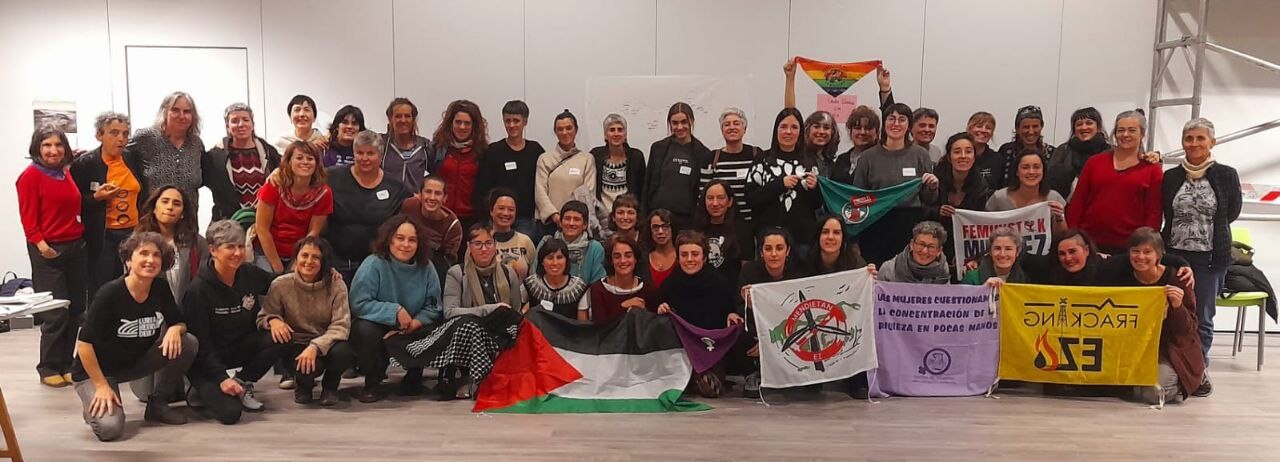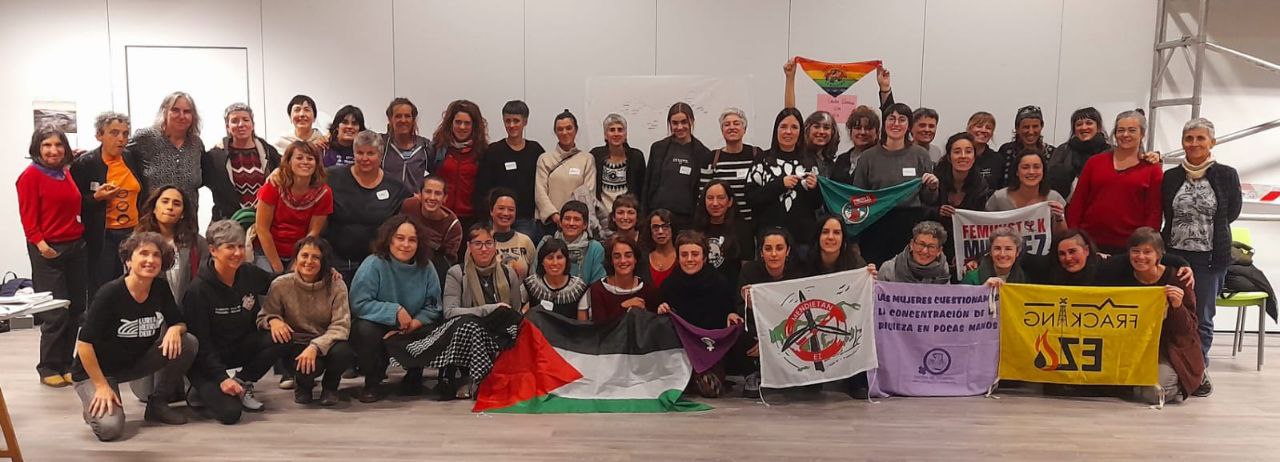Chainsaw in hand with ecofeminism
- A few months ago, in the presentation of a colleague's book at the university, we came up with a rather strange situation. It was a book about ecology and among the references there were several ecofeminist thinkers. However, the author did not mention at any time that these thinkers were feminists, so he made no reference to the stream of eco-feminist thinking. When I asked him about that lack of recognition, he suddenly talked about "female thinkers." I had jobs to hold my face neutral. Of course, we told her that it wasn't about female thinking (someone knows what that is? ), but they had a feminist view and did not recognize it.

Although there may be many reasons behind this error, it often led me to an issue that has troubled me. Ecofeminism has often been linked to women and women with femininity. Therefore, following a logical and citrine conclusion, ecofeminism and ecofeminism have often been at hand. A long list of innate empathic women related to ecofeminism, closeness to nature, connection to life, etc. comes to mind. Or the centrality of motherhood, sexual and heterosexual reproduction, and the nuclear family on several occasions in ecofeminism.
All of this, among other things, has kept me away from ecofeminism for years. Although my day to day is very close to the visions of some ecofeminisms, I have not felt that there is room for people who do not identify with that femininity. In recent years, however, I have gradually approached the different ecofeminisms, through the readings that have inspired me, through the initiatives and actions that have emerged. Along this road, I have understood that ecofeminism should not necessarily be related to a possible sexual femininity. Although some ecofeminisms have had an essentialist approach, not all have had it, and others have been looked at interested that have linked ecofeminism, in general, with that only partial approach. Unfortunately, as a result, the scope of influence of ecofeminism has been limited and reticence towards it has been fuelled.
But I have also found and can find other practices, discourses and experiences in or around ecofeminism that can help us, in addition to looking directly and responsibly at the environment, to break and liberate heteronormatical femininity. I think in our imagination we miss the latter. A few months ago, a farmer member asked why there were no mechanic or mechanic workshops in initiatives related to ecofeminism. Where are the women or gender dissidents who use machines in the imaginary of ecofeminism? And where are those who organize coexistence and care outside the family, in a community and with other animals? Or, beyond the initiative to cut Itoiz's wires, how many of you have heard of sabotages made between two women in the same fight?
In my opinion, if ecofeminism is going to confront a capitalist, colonialist, racist and machist system, biocide and ekocida, it is going to be outside the heteronorms and normative genres on which it is based. To do this, both in the realm of thought, in the realm of action and in the realm of popular movements, but I think we sometimes need to identify and recognize our own references. And as long as we don't feed it, the ecofeminist thinker will continue to be confused with female thinking.

















